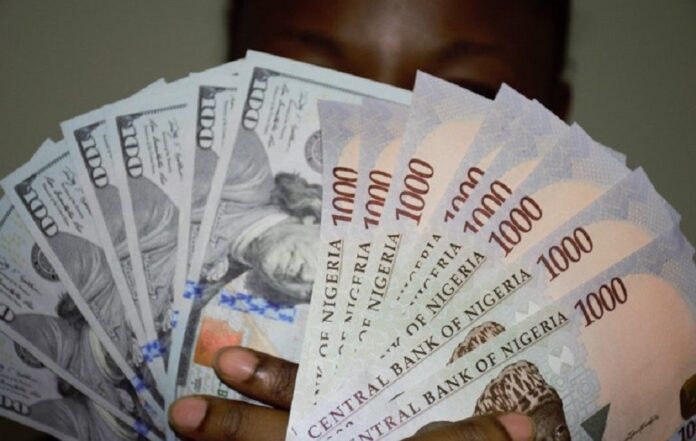Then they lend out your cash, and it becomes an asset to them. If they lose money or fail, you get your cash deposit back, but if they earn interest on your cash, they pay themselves and give you a share of the profits –Banks can also create money.
You put $100 in a bank in Ireland as cash but can write a check in Nigeria for $50. Your bank will honour that check for $50 in Lagos, even though it has your $100 in Ireland. You spend $50, but technically, the bank still has your $100.
Thus, banks can stimulate an economy by creating credit. I can write a check and lease a truck from you. I can use the truck all month and return it even before you present my check to your bank. That’s money from thin air; it’s called fractional banking.
Banks can do this because FIAT money is not tied to anything… it’s just a promise; it’s paper. If $ was tied to gold, I can’t spend that new $50 in Lagos if I have $100 in Ireland. My Irish bank must immediately transfer $50 in gold to Lagos. Thus without fractional banking, developing nations can’t create credit.
Think of Greece during its debt-fueled recession. The Greeks used €, which they couldn’t print, they could not “borrow” against future revenues by printing currency, they had to reduce expenses. If BTC were a currency, the same would happen.
If supply is fixed, then no deficit financing. You get zero inflation and zero credit if the nation reaches a bad patch. Imagine governments not being able to spend more during COVID-19.
That’s why they hate cryptocurrencies.
No free lunch. If you can print a currency at will, you can stimulate growth via credit creation (renting truck), but that can lead to inflation.
If you can’t print, you need wealth to rent a truck so you can’t grow fast.
So choose… Slow growth or fast growth?
By @FinPlanKaluAja1










